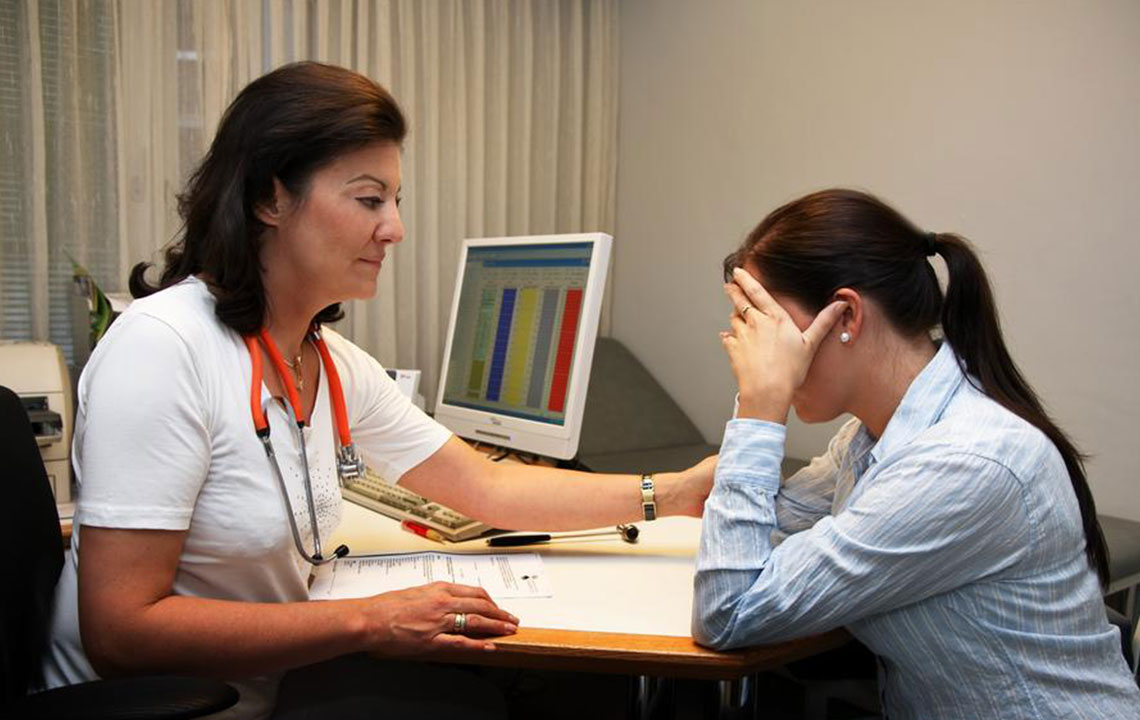Recognizing Early Signs of Colon Cancer and Its Symptoms
Early detection of colon cancer relies on recognizing key symptoms such as persistent undigested food feelings, rectal discomfort, and unexplained weight loss. Timely medical consultation can vastly improve treatment outcomes and prevent serious complications.

Recognizing Early Signs of Colon Cancer and Its Symptoms
Cancer develops due to abnormal cell growth in various body parts, potentially resulting in tumors. Colon cancer specifically originates in the large intestine, which connects the small intestines to the rectum. This vital organ helps eliminate toxins and processes undigested food. When excessive undigested material accumulates, it can cause complications, including the development of cancer. Detecting early symptoms is crucial for effective treatment, preventing severe health outcomes, and improving prognosis. Here are key signs to watch for.
Identifying symptoms early plays a vital role in successful treatment of colon cancer. Below are three common signs that should prompt medical consultation.
Persistent Undigested Food Feeling: A primary indicator of colon or colorectal cancer is the ongoing sensation that food remains undigested despite passing stool. This occurs because bowel movements may become irregular or incomplete. Especially after defecation, individuals might experience a sense of fullness, heaviness, or bloating that persists over time.
When bowel evacuation isn't normal, symptoms like abdominal bloating, gas, and cramps often accompany this sensation. These issues may also cause discomfort and contribute to a feeling of sluggish digestion.
Rectal Pain and Discomfort: Another significant symptom is ongoing rectal discomfort, which can appear in different forms. Difficulty during bowel movements, presence of blood in stool, or feeling of incomplete evacuation are common signs. Alternating between constipation and diarrhea, along with increased straining, can lead to fatigue, bloating, and abdominal cramps. Such discomforts should never be ignored, as they often indicate underlying issues.
Additional Symptoms: Sudden weight loss is a warning sign, especially if linked to reduced appetite and persistent fullness. This often leads to weakness, fatigue, and a decline in overall health, as toxins accumulate and metabolism slows. Recognizing these symptoms early is crucial for timely diagnosis and treatment, significantly improving outcomes.
While early stages may not show obvious symptoms, awareness of these key signs can facilitate early medical intervention. If any of these symptoms persist, consult a healthcare professional immediately.










